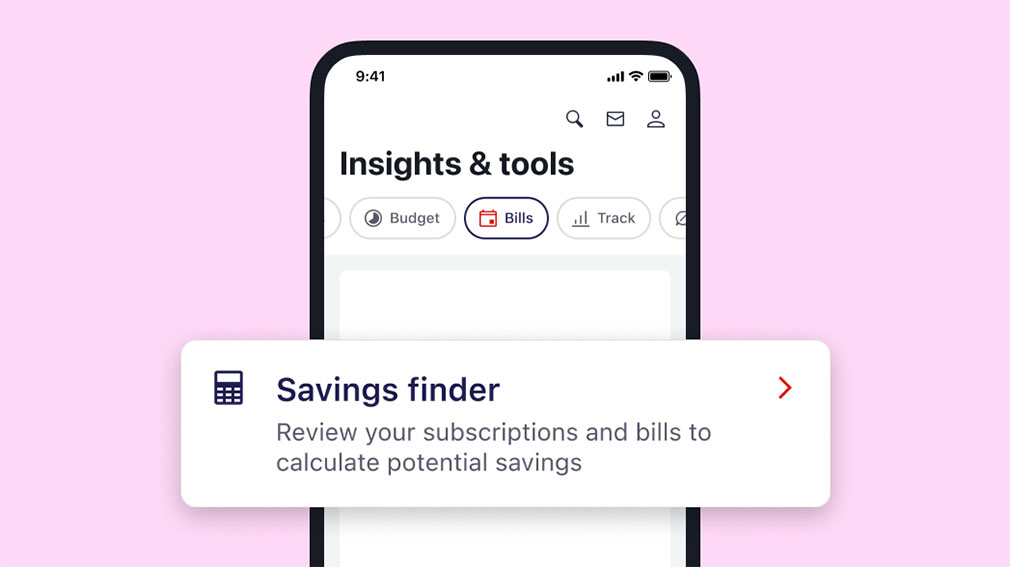You are not alone

There have been some common themes from people calling the National Debt Helpline. (Getty)
As the coronavirus pandemic took hold in March, and a health emergency turned into an economic one, financial counsellors on the National Debt Helpline expected demand to skyrocket.
After all, community-based financial counsellors are on the front line, providing free and confidential advice to people struggling with bills and debts. Surely the phones would ring off the hook.
The reality, however, has actually been quite different, with call volumes stable, and only starting to pick up in the past few weeks.
Why didn’t that forecast deluge eventuate?
There’s no doubt that the various support measures from government and industry have provided a much-needed cushion: for example, JobKeeper and JobSeeker from the government, loans deferrals from the banks and a pause in disconnections from utility companies.
But there’s a growing awareness that these relief measures will soon start winding down or are under review. People who have been getting by, are increasingly concerned about “what happens next”.
Over the past few months, there have been some common themes for those people calling the National Debt Helpline.
A popular one is whether to access superannuation early.
In the last few weeks more people are visiting our 'early access to your super' web page than are visiting the homepage. That was a first. This spike came as the first round of the “early access to super” provisions finished and the second round began on 1 July.
The significant number of queries about super shows that large numbers of people are worried about covering the costs of day to day living. As financial counsellors, however, we are concerned about people using long-term savings to pay immediate expenses, when they may have other options. That is where financial counsellors can help by exploring the pros and cons of such an important decision.
Worryingly, financial counsellors are also reporting an increase in clients affected by family violence and economic abuse. Money can be used as a weapon to control a person’s partner, and the perpetration of financial abuse often intersects with physical violence.
It’s a frightening time for so many people, for so many reasons.
As money is often tied to emotion, relationships and general wellbeing, financial counsellors are trained in traditional counselling practices as well as money matters, to support people who are experiencing high levels of distress. They also have all the right community connections to ensure those who are in danger can be referred to other specialist services.
One message we are keen to get out into the community is this: you are not alone.
As the current difficult economic times show, nearly anyone of us could find ourselves in financial hardship. As a society, however, we’re not good at talking about money and this combined with a fear that creditors won’t listen, can stop people asking for help.
But help is available.
Most creditors do listen and people have rights. Banks, for example, have well trained hardship teams and it is always worth picking up the phone to explain your situation.
If people need more help, that’s where financial counsellors come in. We can look at a person’s situation as a whole, as many people have multiple creditors, explain rights and obligations and explore options to address debts.
None of us really knows what will happen next with this pandemic. The word “unprecedented” has just about been worn out in describing it. But whatever happens, we do know that financial counsellors are here to help. People will need access to independent advice that they can trust.
You are not alone.
To access free financial counselling advice, ring the National Debt Helpline on 1800 007 007.



